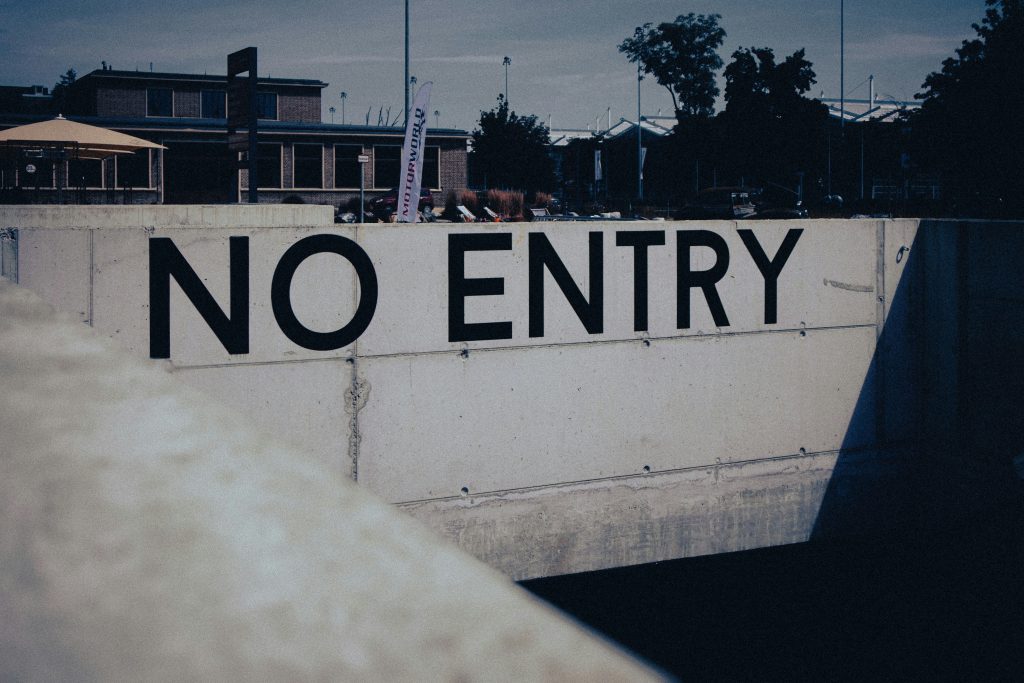Schengen and solidarity: the fragile balance between mutual trust and mistrust

The policy paper of Yves Pascouau examines the functioning of the ‘Schengen area’, which is based on solidarity mechanisms between its Member States and implies a high level of mutual trust.
Yves Pascouau analyses the consequences of the ‘Arab Spring’ and of the arrival of Tunisian nationals on the island of Lampedusa, as well as the follow-up given to the request formulated by France and Italy aimed at changing the Schengen rules in order to enlarge criteria to reintroduce internal border controls. He also touches on other fields linked to the European area of free movement (e.g. asylum policy), whose management is also under suffering from tensions that have arisen in recent years. In each case, he tries to determine if and to what extent solidarity and mutual trust are giving way to a form of mistrust that could jeopardise the freedom of movement of persons within the ‘Schengen area’.
Although this paper illustrates the fact that signs of mutual mistrust are indeed tangible, their impact seems to remain limited as yet. Yves Pascouau emphasises, however, that maintenance of freedom of movement is not yet a given, and that its preservation requires that the European institutions act in their official capacity in order to ensure its protection.




